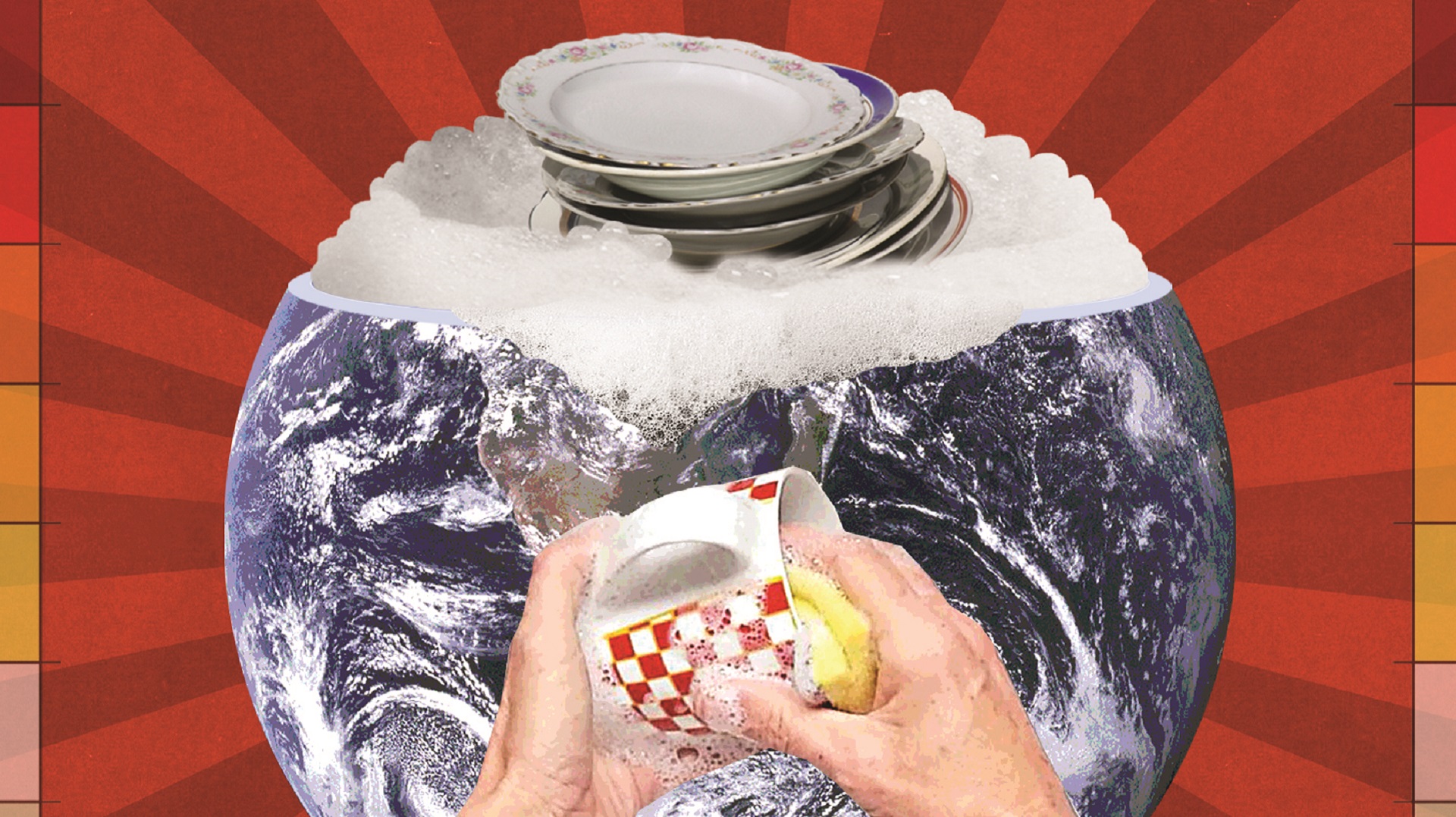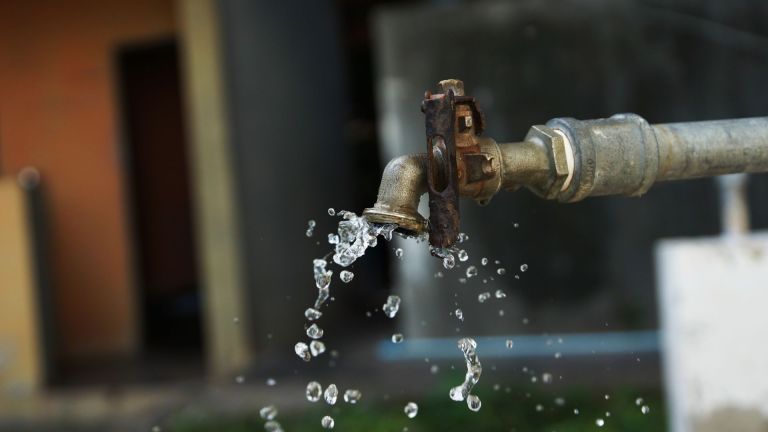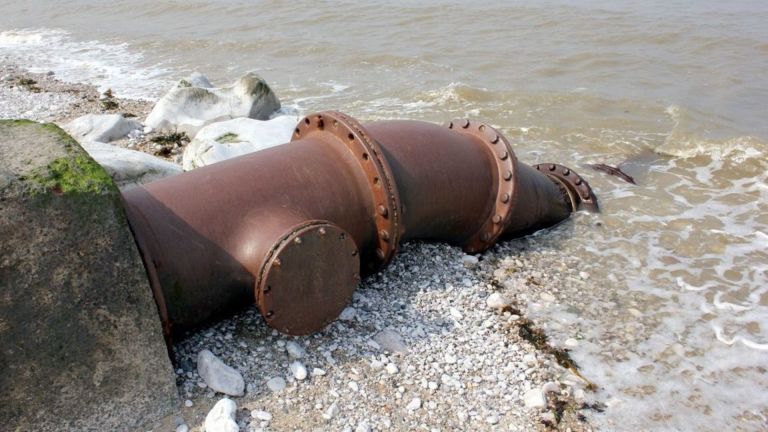The piece ran on July 27 with the claim repeated in an online piece later in the day under the headline: “Want to be squeaky clean on the environment? ‘Don’t rinse your dishes’”.
Mail Online also reported on Stratton’s column, the site opted for: “Don’t rinse plates before putting them in the dishwasher, freeze old bread and ditch plastic shower gel bottles to save the planet, says Boris Johnson’s climate change spokeswoman”.
But is Stratton right?
Facts. Checked
It is true that cutting out rinsing and using a dishwasher is generally better for the environment than washing up in a sink – but for large parts of the population the change is not a “micro-step”.
Stratton is right that rinsing is inefficient and this is backed up by dishwasher detergent manufacturer Finish.
The manufacturer’s advice said that while rinsing off makes some of us “feel more productive” it is less efficient when it comes to saving water. As dishwashers clean use high temperatures to clean plates and that should be enough to remove food waste from the dishes, the advice added, and any issues that leave food residue at the end may mean the machine has a problem or needs a clean.
Advertising helps fund Big Issue’s mission to end poverty
While the manufacturer has a clear motivation for talking up the attributes of the dishwasher – namely to sell you more detergent – it is not the only one to insist the machines are more efficient.
Energy Saving Trust estimates found handwashing dishes makes up around four per cent of an average household’s water use, whereas using a dishwasher amounts to one per cent.
A running tap can expel around two gallons (nine litres) of water per minute, so if you wash everything under a running tap you could use up to nine times as much water as using a dishwater.
So the environmental advantages are clear – but the reality is that not every household has a dishwasher. In fact, while the appliance has fast become a staple across Britain, it is still only in around half of homes and has done little to shed its tag as a luxury item.
Statista analysis of Office for National Statistics figures found the number of households that own a dishwasher rose from 18 per cent in 1994 to 49 per cent in 2018.
But there is a large discrepancy between the haves and have-nots when it comes to dishwasher ownership.
Advertising helps fund Big Issue’s mission to end poverty
Just 14 per cent of families on the lowest incomes in 2016 owned a dishwasher, much lower than the 84 per cent of households in the highest income group.
So the “micro-step” only remains micro if you can afford it.
As humanity lurches ever closer to climate disaster, those living in poverty must not be left behind in the efforts to save the planet.
Worth repeating
Brits use 840 billion litres each year heating water for showers, spending £2.3bn
More than 740 billion litres is flushed down the loo
Dishwashers and washing machines use 360 billion litres each year, costing households £1.6bn in electricity bills (Energy Saving Trust)
Advertising helps fund Big Issue’s mission to end poverty










